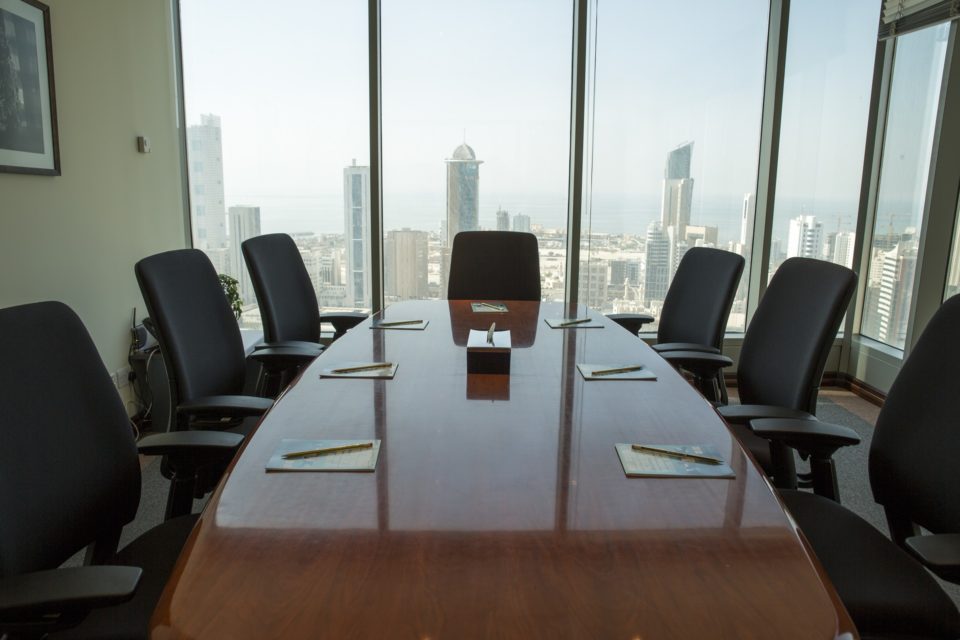
In the last few days alone, we have heard news such as the fine imposed by the CMF on the director of Invercap for insider trading; the conflict of interest of the Director of Airports of the MOP, who participated in bids that favored her former employer; the smuggling crimes allegedly committed by the businessman Juan Hurtado Vicuña and Pilar Matte, to evade taxes; or the links of the players’ representative, Fernando Felicevich with online gambling houses and the sponsorship of Chilean soccer. Just to name a few.
It is good that these cases come to light, however, it is worrying how little importance is given to them, remaining as the headline of the moment or the hair behind the backs of those involved. But, let us ask ourselves: what are we doing so that this type of conduct does not continue to occur?
Since scandals such as La Polar or the irregular financing of politics, we keep hearing the same self-justifications from their protagonists: that “everyone does it”, besides pointing to the lack of regulation as a great excuse. However, with time we realize that it was not a lack of laws, but a lack of ethics.
Ethics is a set of customs and norms that guide human behavior in community, and it is fundamental to live in society and respect the values of democracy. As the philosopher Marcus Tullius Cicero said: “honor is the reward of virtue”, and as a society, we have been losing “honor”.
It is disheartening to see how ethical misconduct is not even socially punished, and that sanctions still depend on who was the “cunning” who broke the law, or took advantage of the lack of it. And this happens at every level and in every scenario.
Idleness has prevailed in an increasingly individualistic world, and the motto “if it doesn’t affect me, I don’t care” has been part of our culture and has become our self-justification. However, we must be clear that corruption always affects us, not only when money is involved, but also because it fractures life in society and increases the aforementioned crisis of trust.
Corruption and lack of ethics go hand in hand, and their forms are diverse: embezzlement, bribery, bribery, forgery, tax evasion, smuggling, conflicts of interest, insider trading, and so many others. Those who commit them are no longer rogues, but unethical.
There are always those who are willing to take the moral codes with them, the problem is that they often drag us along with them, making us passive accomplices of behaviors that we should condemn.
If we buy in the street trade, we are supporting the mafias that are behind it; if we lie in our tax returns or buy without a receipt or invoice, we are defrauding the tax coffers; if we give the job to a friend who is not qualified for the position, we will continue to deepen the lack of opportunities.
We are all part of this society and, therefore, we have the power to make changes and stop feeding the vicious circle of corruption. Let us stop looking from afar at facts that affect us all and avoid hiding behind the law or the lack of it. It is important that we review our individual behaviors, think about what we are doing or not doing ourselves, instead of looking only at the “speck in someone else’s eye”. Only in this way will we be able to raise the standard of collective conduct and move towards a developed society.
Let us hope that the cases of corruption that we will continue to learn about do not continue to be the news of the moment and that we learn real lessons from them, because if we lose our amazement and get used to them, the crisis of confidence will deepen, which will lead us to assume that this is the way things are in our country and that there is nothing to be done. Let it not come to that.
By: Susana Sierra in El Mostrador














